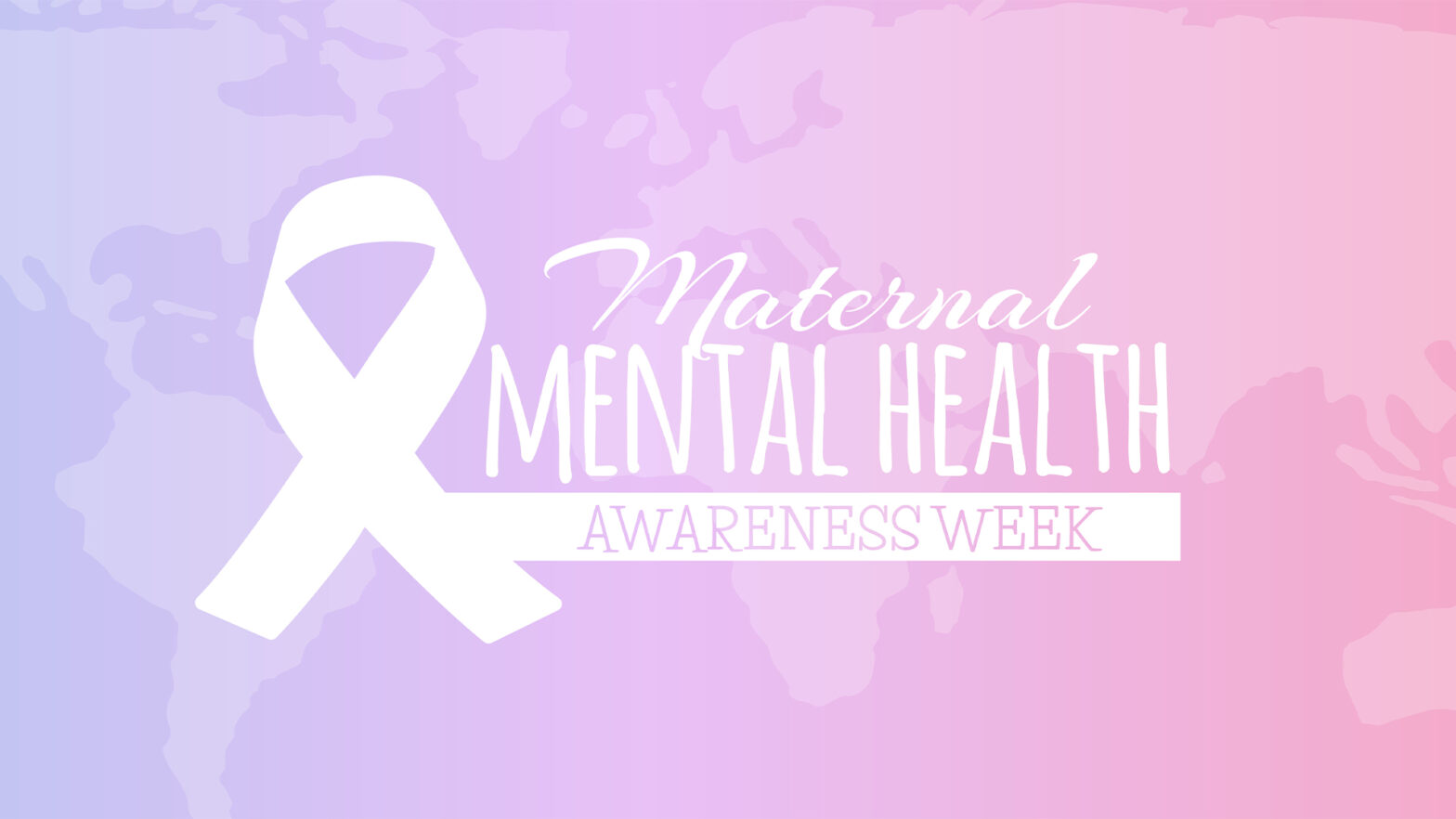Nurses and Doctorate Degrees: Assessing the Worth of Advanced Education
Nurses and doctors make up a very important part of the workforce and social sphere. Without their time, dedication, and efforts, societies would not only be much sicker, but would have way more to manage on a day-to-day basis. Everyone has some need for medical knowledge and assistance, it may not be at this point and time in life, but there will come a time. Many of those professionals that go into the medical field have a common underlying desire to want to help and heal people.
For those who actually follow through on these desires and put in the hard work necessary to become one of many who earn the right to care for the populous when they are at their most vulnerable, there are actually multiple choices and avenues by which to become certified. There are many different paths by which someone can become a medical professional, and even more nuances and niches which branch off from major areas of study, but educational level does much to limit or expand this range.
The point at which advanced degrees can open up new doors is a similar place where things can become very expensive— not just from a financial standpoint but in terms of time and energy. Advanced degrees are much rarer an accomplishment than bachelors degrees for reasons such as these. The commitment that it takes to work through years’ worth of extra study is a trade off in many respects, that’s why it’s a good idea to assess the worth of advanced degrees in education.
Is Advanced Education Worth It?
There are few people who would dare argue that a nursing degree is a valuable addition to the workforce. Not only are nurses the professionals who make up the bulk of the face-to-face interaction with patient care, they are the individuals by which most medical practices have enough support to even exist in the first place. While there are many different means and avenues by which someone can become a nurse, there are also other levels of nursing practice that are heavily dictated by educational levels.
For those that go on to continue their education beyond the basic nursing programs, there are multiple ways in which this advanced educational path can be beneficial, not just to the individual professional but to patients and hospitals.
Occupational Benefits
A Master of Science in Nursing (MSN) and a Doctor of Nursing Practice (DNP), though sharing much overlap, do have their differences to be aware of. While both the MSN and the DNP prepare a person to be considered and practice as an Advanced Practice Registered Nurse, the DNP education track eventuate into more nuanced specializations that branch off into higher academia such as teaching positions, or clinical work and being prepared for executive leadership positions in various environments.
Such graduates earn the right to have a say in the development and organization of curriculum in cutting edge nursing sciences, nurses’ roles in policy formation, and how educational standards will direct the next generation of nurses.
DNP programs maintain a consistent focus on innovative techniques and technologies formulated from the innovations born from research. The ability of DNP’s to move smoothly between leadership roles, research, and advanced practice positions means that these professionals have a much larger influence on the future of patient care as well as the systems that make up that care. Their complex aggregation of information, research, and practice equips them to navigate the various hierarchies of the medical profession that enables them to touch roles in categories as broad as informative, technological application, qualitative patient care, and the intersection of those systems as it pertains to patient care. With those summaries in mind here are some specific ways in which a DNP may be worth the investment.
Salary Potential
As with most advanced degrees, there is a higher likelihood of bringing home a greater salary. Some current projections maintain that an DNP can earn an average salary of around $124,000 per year. Additionally, the experience gained and the various leadership roles that can be posted means that there are far more positions open to people with such degrees. This leads to their knowledge base being recognized as being very valuable and worth holding on to.
For those organizations that are not willing to recognize that worth, there will be plenty of others who will thus job security on the whole goes up.
More Opportunities for Career Advancement
As in any office, the individuals with the greatest level of experience and knowledge tend to stand out in a good way. Others look to such people for support, encouragement, affirmation and oftentimes direction, especially when there are challenges to be overcome.
Nurses and mental health professionals with DNP are much more likely to be ranked among that category, and the attention garnered for such hard work is what leadership pays attention to. When looking to advance one’s career, being able to point to the value such a knowledge base brings to a company creates much more rapport and thus negotiability in job hunting.

















